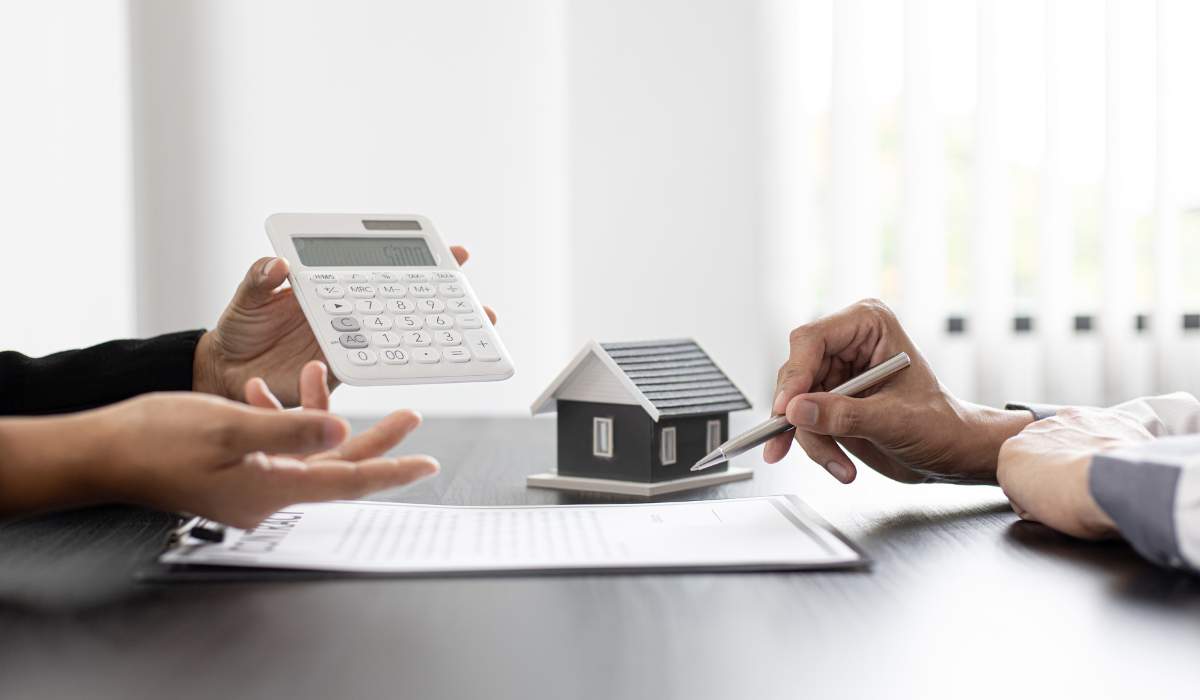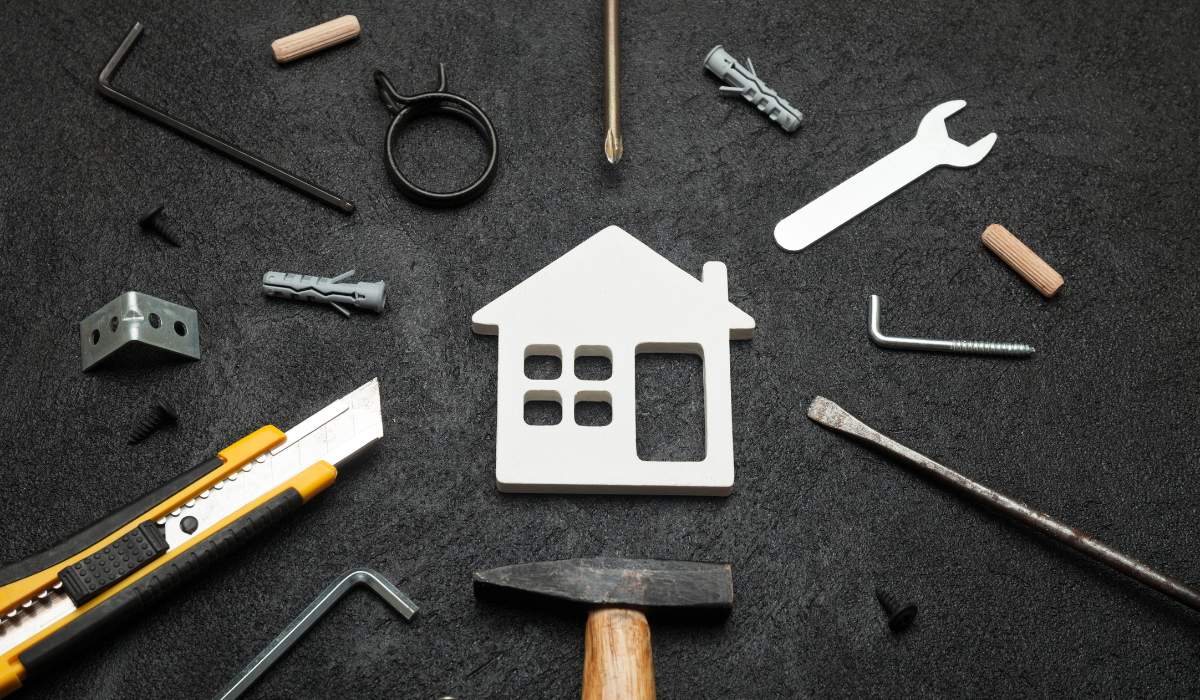Essential Checklist: 20 Key Steps to Prepare Your Home for a Successful Sale

A thorough planning and preparation process is necessary to ensure a successful and lucrative conclusion when selling a home. Whether you’ve sold homes before or this is your first time, the process can be both thrilling and intimidating. Follow a thorough checklist that covers every key stage if you want to increase your chances of a smooth and profitable property sale.
Essential Checklist:

20 Key Steps to Prepare Your Home for a Successful Sale, a tool created to help you navigate the complex process of getting your home ready, luring potential buyers, and ultimately achieving the best bargain. We’ve got you covered with these 20 essential steps that are sure to put you on the road to a successful house sale, from boosting your property’s curb appeal to interior staging, from choosing the correct price to negotiating the deal.
1. To learn about current trends and prices, do some local real estate market research.
It’s essential to thoroughly study current trends and prices in the local real estate market before putting your house on the market. You can use the information from this research to help you create reasonable goals and choose wisely all throughout the selling process. Look at recent sales in your neighborhood, the typical number of days homes are on the market, and any particular elements that might have an impact on property values.
You may choose a competitive listing price for your house by researching the market. Finding the ideal balance is crucial since either an overpriced or underpriced item may turn away prospective purchasers. If you’re looking for knowledgeable advice on pricing tactics from a real estate agent with a solid reputation and experience in your neighborhood, consider talking to one.
Understanding market trends can also help you predict buyer preferences and modify the way your home is presented. In order to draw in potential buyers, you might emphasize certain characteristics that are in great demand, such as energy-efficient renovations or outdoor living areas, during the planning stage.
You can arm yourself with important knowledge that will enable you to make wise decisions, position your property competitively, and increase the likelihood that it will sell by completing in-depth research on the neighborhood real estate market.
2. Depending on the state of the market, decide when to sell.

One of the most important steps in increasing your chances of a successful sale is figuring out the best time to sell your house based on market circumstances. Seasonality, the state of the economy, and regional trends are just a few of the variables that affect the real estate market. You can strategically time the sale of your house by taking into account these variables in order to perhaps draw in more purchasers and reach a higher selling price.
Here are some important factors to think about:
Demand changes in the real estate market are frequently caused by seasonal factors. As a result of the excellent weather and the fact that families prefer to relocate during summer and spring vacations, these seasons are often busy for property sales. There may be particular times when demand is stronger or lower, though, depending on where you live. To determine the busiest months in your area, review previous sales statistics and speak with a local real estate agent.
Economic Factors: A number of economic factors, including interest rates and the health of the employment market, can affect consumer behavior. When interest rates are low, consumers’ purchasing power increases, which may lead to a rise in housing demand. Keep an eye on economic indicators and be aware of any substantial developments that can have an effect on consumer confidence.
Conditions of the Local Real Estate Market: Each local real estate market may have its own distinct dynamics and tendencies. The demand from buyers may be impacted by variables including population expansion, job growth, and infrastructural improvement. Consult with a qualified real estate agent who specializes in your region and keep up with local market reports. They can give you information on the state of the market and assist you in choosing the best time to sell.
Examine the level of competition in your neighborhood market. Waiting for the market to become less saturated may be useful if there is a large supply of comparable houses for sale. On the other hand, if there is little available inventory and high buyer demand, it can be a good idea to put your house on the market.
In the end, choosing when to sell your house is a strategic choice that necessitates a thorough examination of the market situation. You’ll be better equipped to decide when it’s best to sell your house if you do your homework and grasp the elements that affect buyer demand and pricing trends. Working with a reputable real estate expert can help you navigate the market successfully and offer vital advice.
3. Examine the state of your house and note any improvements or repairs that are required.

Addressing any problems or making the necessary upgrades will boost your home’s appeal and value because buyers often seek well-maintained properties that are ready for immediate occupancy.
The following are some things to remember:
Examine your home’s external maintenance, including the siding, windows, roof, and landscaping. Look for any damage indicators, such as decay, cracked, or missing shingles. These things can be improved or replaced to increase curb appeal and make a good first impression.
Inside repairs: Check your home’s inside to see if any repairs are required. Look for concerns including dripping faucets, damaged walls, broken electrical outlets, and plumbing issues. Your home will function better and be in better shape overall if you take care of these problems.
Home Systems: Examine the state of your home’s primary systems, including the plumbing, electrical, and HVAC systems. Employ experts to examine these systems and take care of any maintenance or repairs that are required. Buyers will feel more confident in the dependability of the house if the systems are working well.
Consider making improvements to your home’s appearance that can improve its overall attractiveness. This can involve updating the flooring, removing obsolete fixtures, or painting the walls a neutral hue. These improvements might give your house a more contemporary air that will appeal to potential buyers.
Make sure your home is clean, clutter-free, and professionally presented for showings. Remove all personal objects, give each area a thorough cleaning, and arrange the furniture to make the space the focus. Staging can influence purchasers’ perceptions and help them picture themselves living in the house.
You may display a well-maintained and appealing property to prospective purchasers by evaluating your home’s condition and making the necessary repairs or modifications. This may result in a more straightforward selling procedure and possibly greater offers. A reliable real estate agent may help you focus your efforts by giving you sound advice on which repairs and renovations are most crucial in your market.
4. To create a tidy and roomy atmosphere, organize and declutter your home.
Making your home clean and roomy not only enhances its overall appeal but also makes it easier for prospective buyers to picture themselves residing there. Here are some ideas to think about:
-
Create a decluttering strategy and focus on one room at a time to start. This will assist you in maintaining organization and p